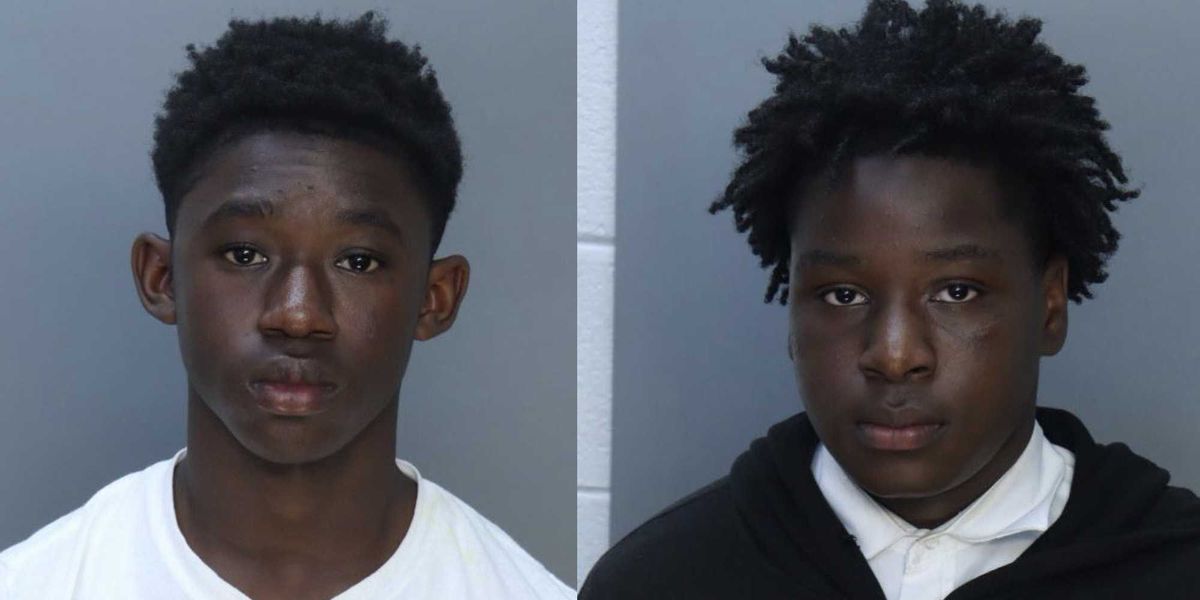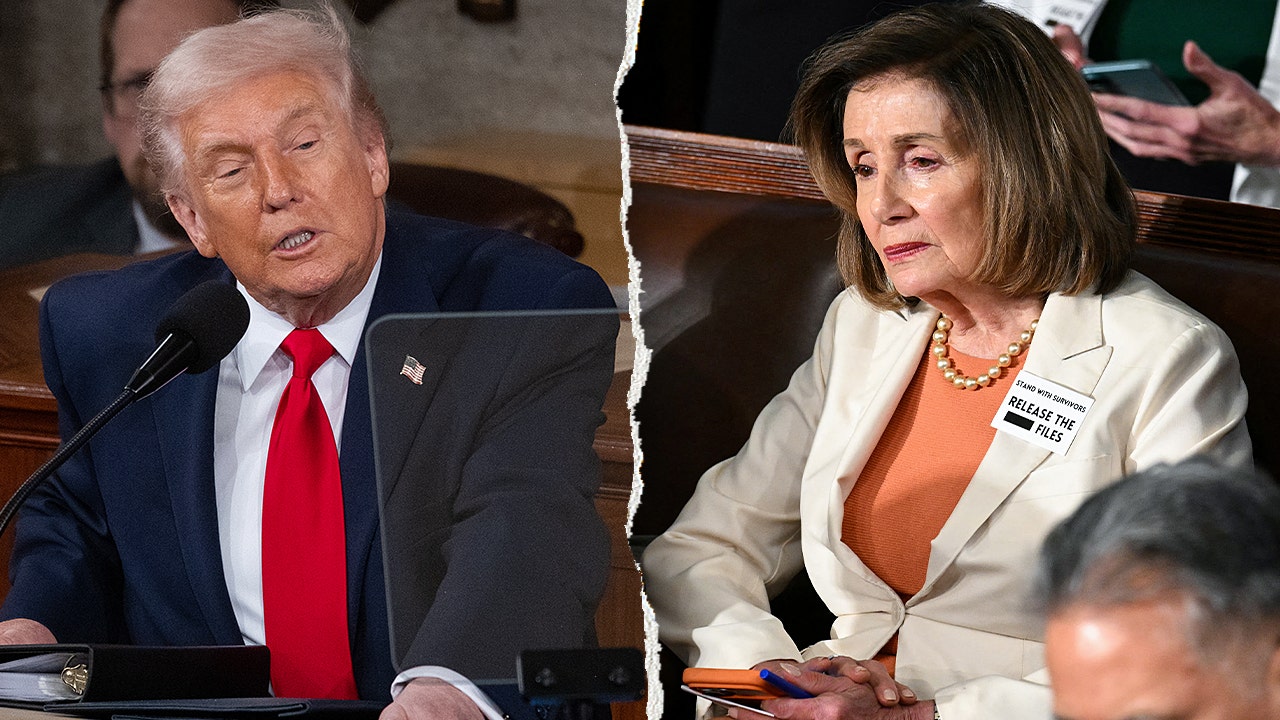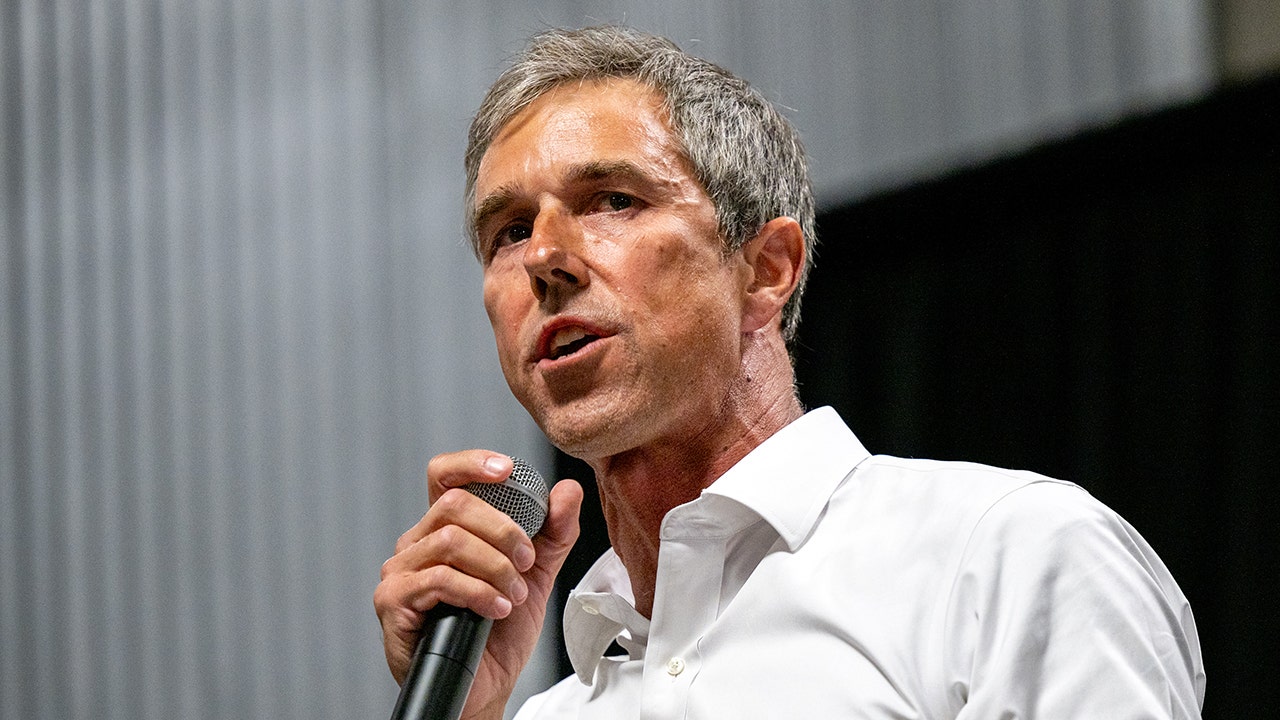Jonah Goldberg, editor-in-chief of The Dispatch and a longtime critic of President Donald Trump, raised concerns during a recent CNN interview that Democrats could one day invoke Trump-era precedents to justify sending in the military to confiscate firearms from Americans.
Goldberg’s remarks came during a discussion about violent crime in Democrat-run cities, with a focus on Chicago, where crime levels remain a central point of contention between city leaders and the Trump administration.
Chicago Mayor Brandon Johnson last month signed an executive order titled the “Protecting Chicago Initiative,” which he said was designed to block Trump from deploying the National Guard to the city.
Johnson described potential federal intervention as an “unconstitutional and illegal military occupation” and argued that the measure was necessary to protect residents’ rights.
The executive order was issued as the Trump administration weighed plans to use Naval Station Great Lakes, located outside of Chicago, as a staging area for immigration enforcement operations.
Reports indicated that more than 200 Department of Homeland Security agents could be mobilized from the site.
Trump has repeatedly criticized Johnson’s leadership, tying Chicago’s violent crime rates to what he has called “incompetent” city governance.
This Could Be the Most Important Video Gun Owners Watch All Year
‘
After deploying the National Guard to Washington, D.C., earlier this year, the president suggested Chicago would be next.
“We’re going to straighten out Chicago. It’s a mess,” Trump said.
BOOM 💥
President Trump is sending in the National Guard to Chicago
Chicago is a mess, you have an incompetent mayor…. grossly incompetent
The kids can’t even walk to school on the west side… most of the murders take place in the Austin District pic.twitter.com/6vIKLt7bbU
— @Chicago1Ray 🇺🇸 (@Chicago1Ray) August 23, 2025
Goldberg used the situation to argue that precedents matter.
He suggested that if Republicans supported Trump’s use of federal force to address crime, Democrats could apply the same reasoning to push through policies on issues such as gun control.
“I’m all for crime reduction. But the conservatives were celebrating this,” Goldberg said.
“You listen to the mayor of Chicago talk about the gun crisis in America. Well, what is to stop—given the precedent that Donald Trump is setting—what is to stop a Democrat, a Governor Pritzker, a Governor Newsom, from saying, ‘We have a gun crisis in America, just as legitimate on the facts and arguments as a crime crisis, and we’re going to send the National Guard into states to go get their guns’? There have to be standards here.”
CNN is now floating the idea that the next Democratic President will order the military to go door-to-door to confiscate firearms from law-abiding Americans.
I sincerely hope they never get that stupid.
That’s what you would call the start of our second Civil War. pic.twitter.com/PdFVwzErqg
— Gunther Eagleman™ (@GuntherEagleman) September 2, 2025
Illinois Gov. J.B. Pritzker and California Gov. Gavin Newsom have both backed aggressive gun-control policies in their respective states.
Goldberg suggested that under the logic he sees taking shape, Democrats could one day justify sending in troops to enforce those measures if Trump’s use of federal authority to address crime is left unchecked.
The debate underscores growing divisions over the balance of federal and local authority, particularly as Trump has pushed for federal involvement in cities experiencing high rates of violent crime.
Supporters of Trump’s approach argue that federal intervention is necessary when local officials fail to maintain public safety, while opponents warn that it sets a dangerous precedent for executive overreach.
For now, the dispute remains largely centered on Chicago, where Johnson continues to resist federal intervention even as shootings and homicides strain local police resources.
The broader implications of Goldberg’s comments, however, point to a larger national debate over how far presidential authority can extend—and what future administrations might do with that precedent.
Read the full article here


![CNN Panelist Suggests Democrats Could Use National Guard to Confiscate Your Guns [WATCH] CNN Panelist Suggests Democrats Could Use National Guard to Confiscate Your Guns [WATCH]](https://www.lifezette.com/wp-content/uploads/2025/09/2025.09.03-08.58-lifezette-68b8abe029e72.jpg)




![Dozens Arrested After Anti-ICE Protest Turns Violent in Minneapolis [WATCH] Dozens Arrested After Anti-ICE Protest Turns Violent in Minneapolis [WATCH]](https://www.lifezette.com/wp-content/uploads/2025/12/2025.12.11-08.10-lifezette-693a7c610e4a8.jpg)


![Hegseth Delivers a Powerful Message to the Warriors on the Front Lines of Operation Epic Fury [WATCH] Hegseth Delivers a Powerful Message to the Warriors on the Front Lines of Operation Epic Fury [WATCH]](https://www.lifezette.com/wp-content/uploads/2025/02/2025.02.14-04.53-lifezette-67af74f91658f.jpg)

